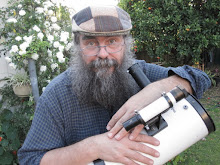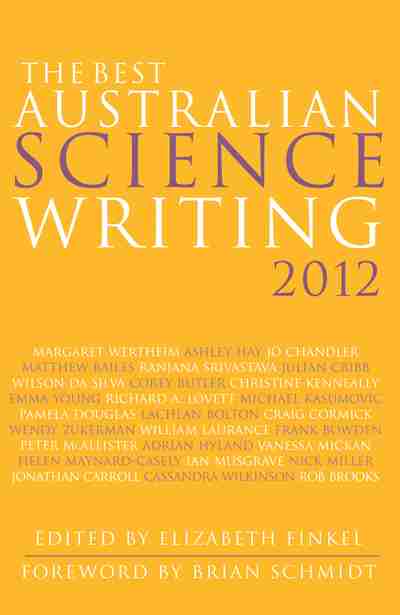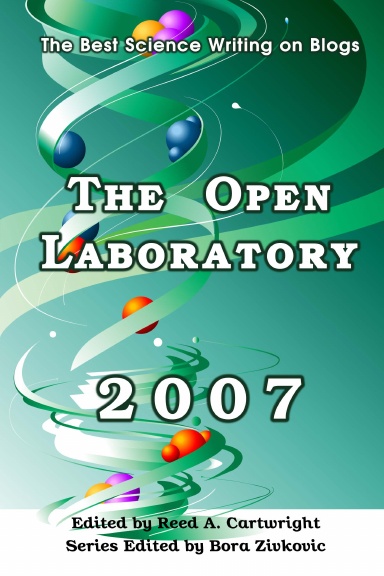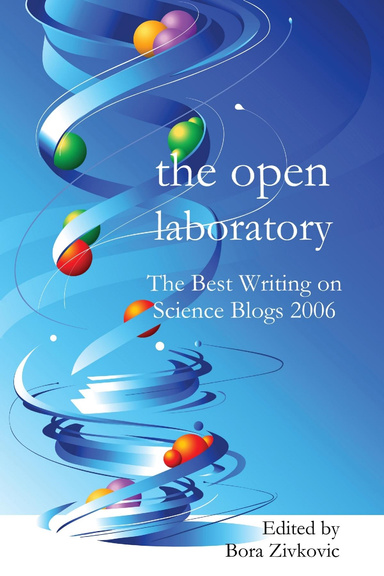Saturday, April 08, 2017
Coming Events: A Year of Southern Astronomy for 2017
The planets on 17 October 2017 at 6 am ACDST, half an hour before Sunrise, Mars, Venus and the thin crescent Moon form a line in to morning twilight. Click to embiggen.
The table below shows significant astronomical events that can be seen with the unaided eye or minimal equipment in 2017 in Australia (and to some degree elsewhere in the Southern Hemisphere, ocultations and eclipses are very region specific) are listed in this table.
Special events are bolded.
Sadly, we miss out on the total solar eclipse this year, but there are a number of beautiful planetary events and a partial lunar eclipse to keep us occupied.
The table below shows significant astronomical events that can be seen with the unaided eye or minimal equipment in 2017 in Australia (and to some degree elsewhere in the Southern Hemisphere, ocultations and eclipses are very region specific) are listed in this table.
Special events are bolded.
Sadly, we miss out on the total solar eclipse this year, but there are a number of beautiful planetary events and a partial lunar eclipse to keep us occupied.
| Date | Event |
| 2 January 2017; | crescent Moon Near Venus |
| 4 January 2016; | crescent Moon near Mars |
| 18 January 2017; | opposition of Vesta |
| 19 January 2017; | Moon near Jupiter |
| 25 January 2017; | Moon close to Saturn |
| 26 January 2017; | Moon close to Mercury |
| 31 January 2017; | Moon close to Venus, forming line with Mars |
| 1 February 2017; | Moon close to Mars, forming line with Venus |
| 11 February 2017; | Comet 45P closest to Earth, possibly visible in binoculars |
| 15 February 2017; | Moon close to Jupiter |
| 21 February 2017; | Moon near Saturn |
| 23 February 2017; | Variable star Mira at its brightest |
| 1 March 2017; | Moon close to Mars and Venus, making a triangle |
| 2 March 2017; | Moon close to Mars, making a line with Venus |
| 14-15 March 2017; | Moon close to Jupiter |
| 20 March 2017; | Moon close to Saturn |
| 29 March 2017; | Moon close to Mercury |
| 30-31 March 2017; | Moon close to Mars |
| 8 April 2017; | opposition of Jupiter |
| 10-11 April 2017; | Moon close to Jupiter |
| 16 April 2017; | Moon close to Saturn |
| 24 April 2017; | crescent Moon close to Venus in morning sky |
| 1-15 May 2017; | Comet 41P visible in the morning sky in binoculars |
| 6 May 2017; | Eta Aquariid meteor shower. |
| 7-8 May 2017; | Moon near Jupiter. |
| 13 May 2017; | Moon close to Saturn. |
| 23 May 2017; | crescent Moon close to Venus. |
| 4 June 2017; | Moon and Jupiter close. |
| 1-25 June 2017; | Comet C/2015 V2 Johnson potentially visible in binoculars. |
| 9-10 June 2017; | Moon near Saturn. |
| 15 June 2017; | Opposition of Saturn. |
| 21 June 2017; | crescent Moon and Venus close. |
| 1 July 2017; | Jupiter and Moon close. |
| 7 July 2017; | Saturn and Moon close. |
| 21 July 2017; | crescent Moon and Venus close. |
| 25 July 2017; | thin crescent Moon and Mercury very close, low in the twilight. |
| 29 July 2017; | Moon and Jupiter close. |
| 30 July 2017; | Southern Delta Aquarids meteor shower. |
| 3 August 2017; | Moon close to Saturn. |
| 8 August 2017; | Partial eclipse of the Moon in the early morning. |
| 19 August 2017; | Crescent Moon close to Venus. |
| 25 August 2017; | Jupiter and Crescent Moon close, forming a shallow triangle with Spica. |
| 5-16 September 2017; | Jupiter and Spica close. |
| 15 September 2017; | Crescent Moon close to Venus. |
| 22 September 2017; | Moon close to Jupiter, forming triangle with Spica. |
| 27 September 2017; | Moon and Saturn close. |
| 30 September 2017; | Moon and Mars close. |
| 6 October 2017; | Venus and Mars very close low in the twilight. |
| 17 October 2017; | Mars close to crescent Moon. Forms line with Venus |
| 18 October 2017; | Venus close to crescent Moon, forming triangle with Mars. |
| 22 October 2017; | Orionid meteor shower. |
| 24 October 2017; | crescent Moon close to Saturn. |
| 13 November 2017; | Venus and Jupiter very close in the twilight. |
| 13 November 2017; | Mercury and Antares close in the twilight. |
| 15 November 2017; | crescent Moon close to Mars. |
| 17 November 2017; | Leonid Meteor Shower. |
| 17 November 2017; | crescent Moon close to Venus and Jupiter in the twilight. |
| 21 November 2017; | Crescent Moon close to Saturn. |
| 28 November 2017; | Mercury close to Saturn. |
| 14 December 2017; | Crescent Moon close to Mars. |
| 15 December 2017; | Geminid Meteor shower. |
| 15 December 2017; | Crescent Moon close to Jupiter. |
| 31 December 2017; | Mars and Jupiter close. |
| 31 December 2017; | asteroid Ceres potentially visible in binoculars. |
Labels: asteroids, comet, Conjunction, eclipse, Jupiter, Mars, Mercury, Opposition, Saturn, unaided eye, Venus, Yearly Sky Events




 Click to read about or order
Click to read about or order Click to read about or order
Click to read about or order Click to read about or order
Click to read about or order Click to read about or order
Click to read about or order




